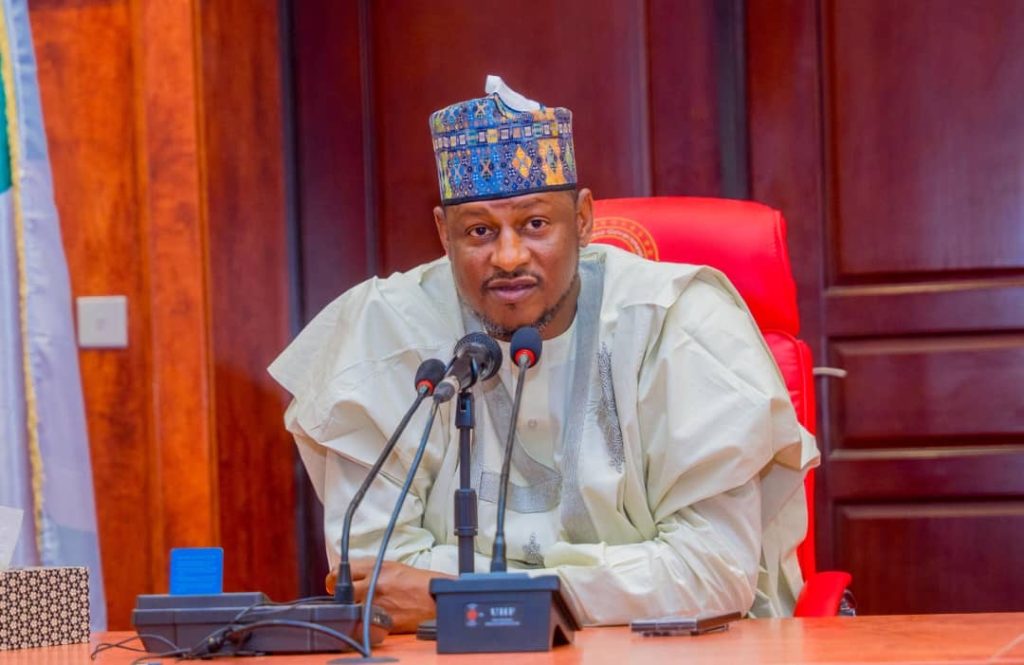Jigawa State in northern Nigeria has distributed over 1.5 billion naira (approximately $1 million USD) in retirement benefits to 569 former public sector workers, underscoring efforts to prioritize post-service welfare. The payout, organized by the state and local government pension board, includes a mix of retirement benefits, death benefits, and outstanding pension balances, according to officials who addressed beneficiaries at a ceremony in Dutse, the state capital.
Alhaji Muhammad K. Dagaceri, Jigawa’s Head of the Civil Service, praised the state’s pension framework as a national benchmark, noting that more than 20 Nigerian states have visited to study its operations. He attributed the system’s success to Governor Umar A. Namadi’s reforms, including streamlined processes and consistent funding. “This initiative has brought tangible relief to retirees and reinforced confidence in public service,” Dagaceri stated, urging continued support for the administration’s policies.
Further details emerged from Dr. Binyaminu Shitu Aminu, Executive Secretary of the contributory pension board, who confirmed the total disbursement of ₦1,505,449,327.78. The allocation breaks down to ₦875.6 million for 287 state-level retirees, ₦355 million for 158 local government beneficiaries, and ₦274.8 million for 124 former Local Education Authority employees. Aminu emphasized that payments are structured to address diverse needs, from routine retirement packages to surviving family entitlements.
The board reaffirmed its pledge to disburse monthly pensions reliably, targeting the first week of each month for payments—a practice officials say minimizes delays faced by retirees in other regions. This commitment aligns with broader state efforts to improve public sector incentives, amid ongoing challenges with pension sustainability across Nigeria.
While subnational pension systems in Africa’s largest economy often grapple with funding gaps, Jigawa’s model has drawn attention for integrating transparent accounting and prioritizing timely payouts. Authorities framed the latest disbursement as part of a wider strategy to ensure retirees “enjoy security and dignity” after decades of service. The move also highlights the human impact of administrative reforms in a country where pension delays have historically fueled financial insecurity among aging populations.



